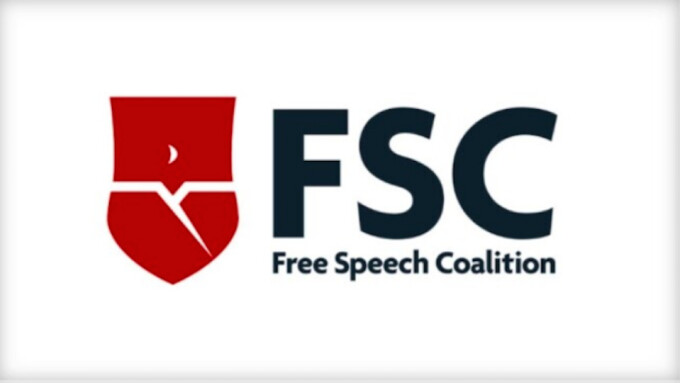LOS ANGELES — Free Speech Coalition (FSC) announced today that an unidentified doxxing site that once reportedly hosted the legal names and addresses of over 1,000 adult performers has been forced to remove that content following measures taken by the industry trade organization.
This is the FSC statement:
The site first began posting the legal names, addresses, birthdates and other private personal information of adult performers in 2018.
A performer whose information was posted on the site alerted the FSC in January 2022. FSC determined the site was in violation of California law — CA Penal Code 653.2 — which makes it a crime to publish personal identifying information about someone without their consent for the purpose of harassment. A review of the hosting provider’s Terms of Service showed that, by violating the law, the site was also in violation of the terms.
FSC Executive Director Alison Boden then contacted the hosting provider, alerting them to the law and the TOS violations. Shortly thereafter, the site removed all information related to performers. FSC has petitioned Google and other web services to delist the site entirely. Should the site appear again, Boden says FSC will again work to get the information removed.
“With the legal and technical help of FSC members and staffers, we were able to get this long-standing site removed relatively quickly,” says Boden. “I want to thank Lotus Lain, Corey Silverstein, and Jeffrey Douglas for working with me to find a solution to a problem that, unfortunately, keeps rearing its head for our industry. There are no permanent fixes, but that doesn’t mean we’re powerless. As an industry, we should never doubt our ability or resolve in the face of threats like this.”
For more information, visit FreeSpeechCoalition.com.









